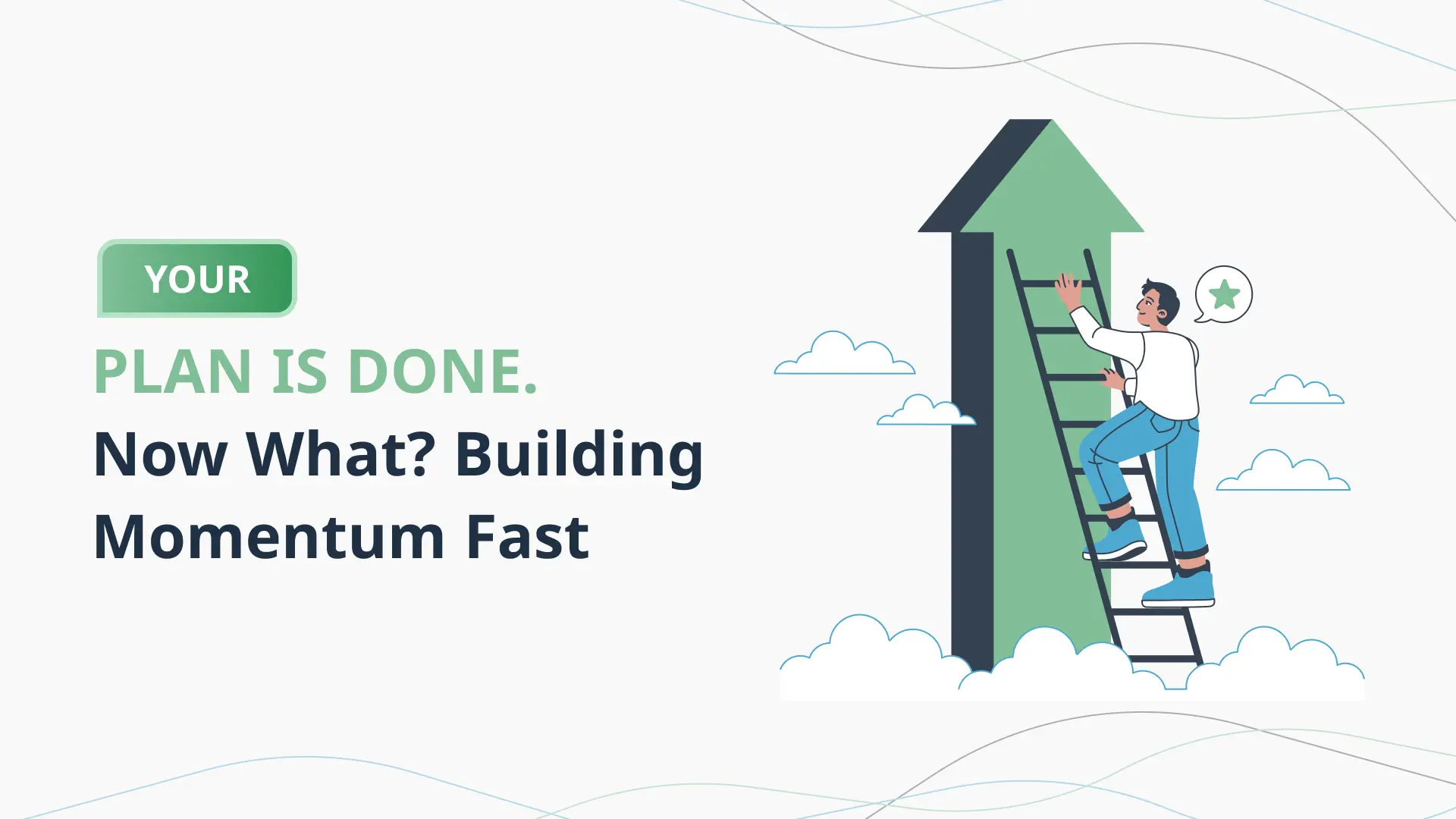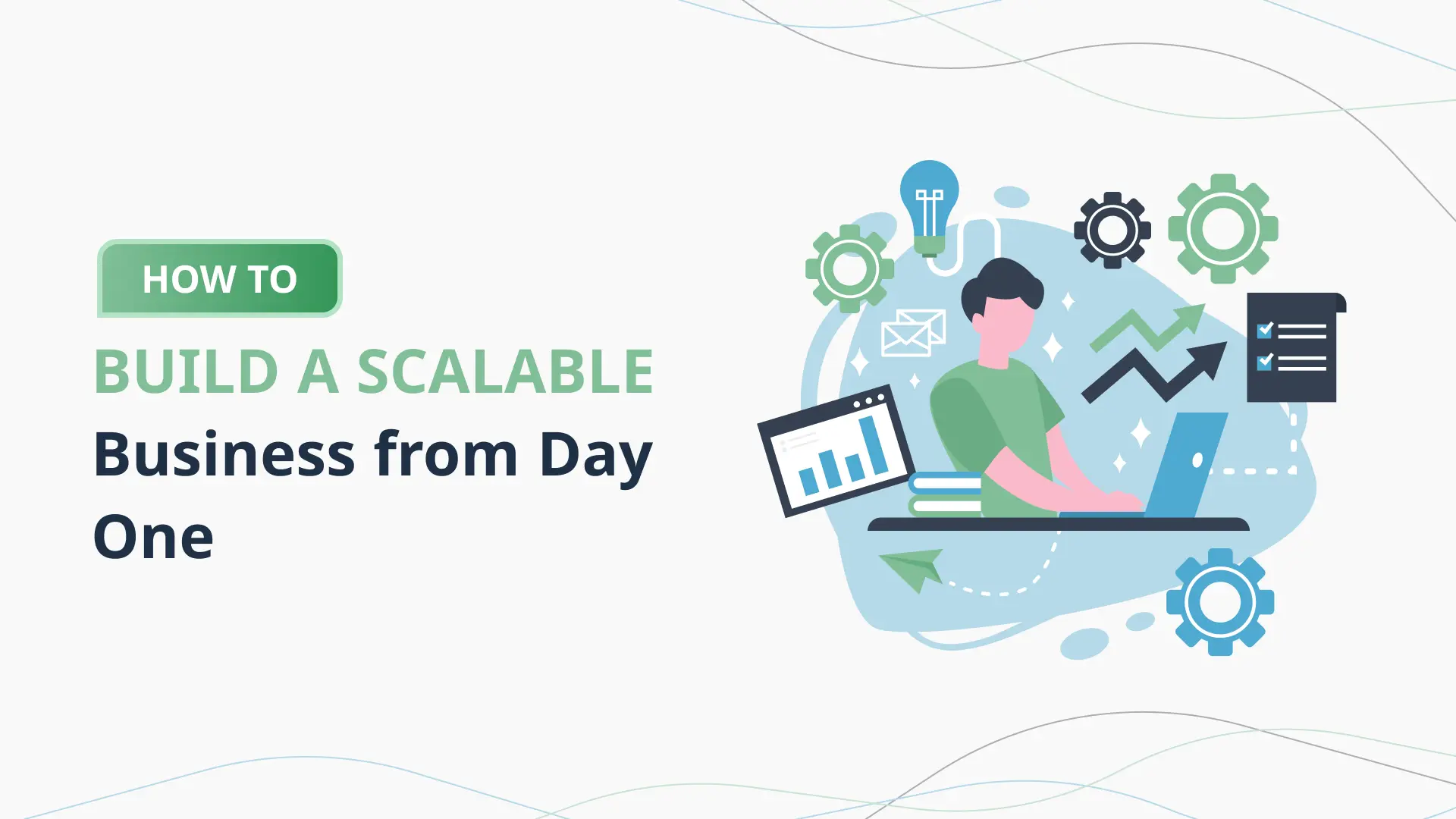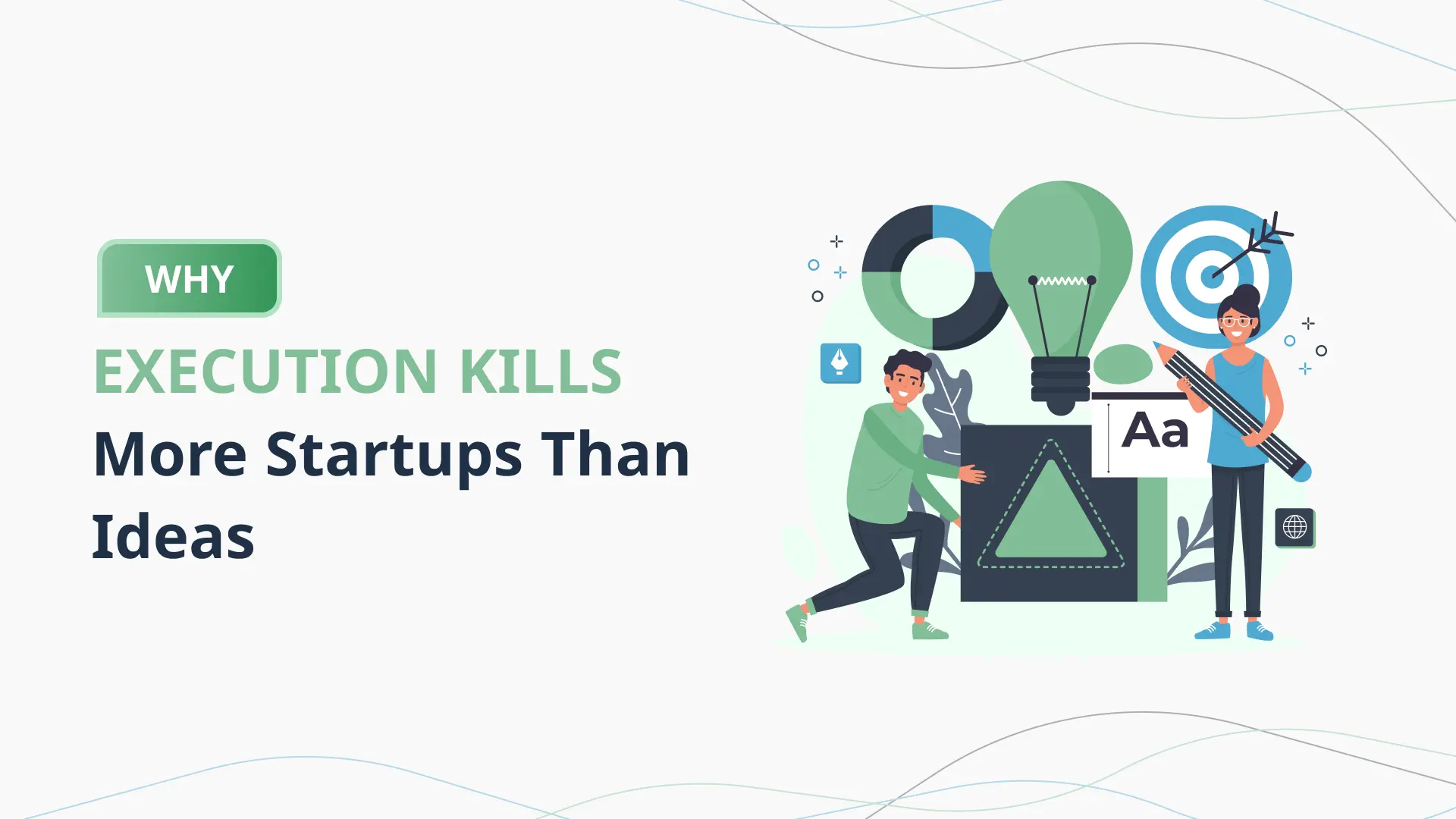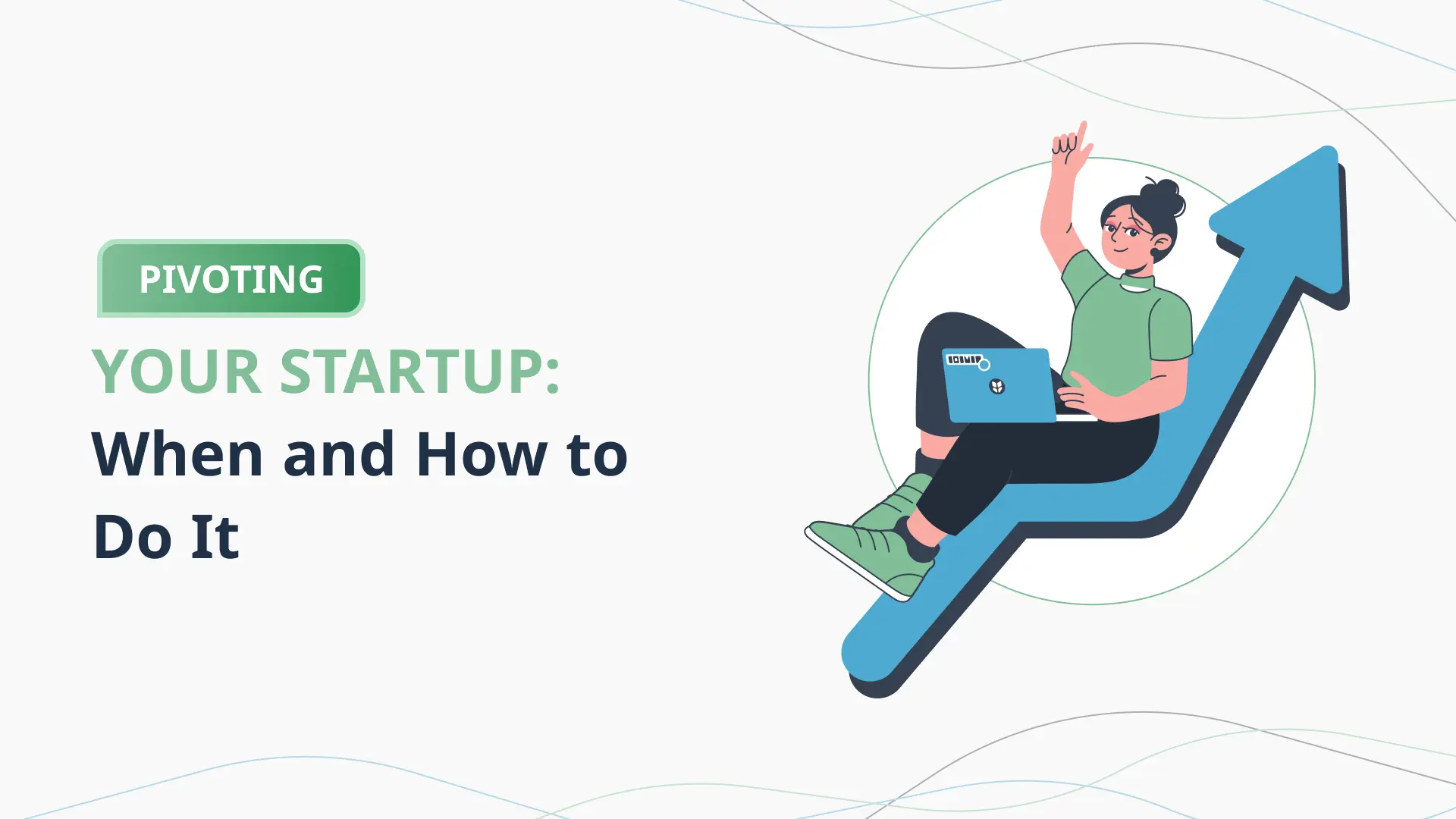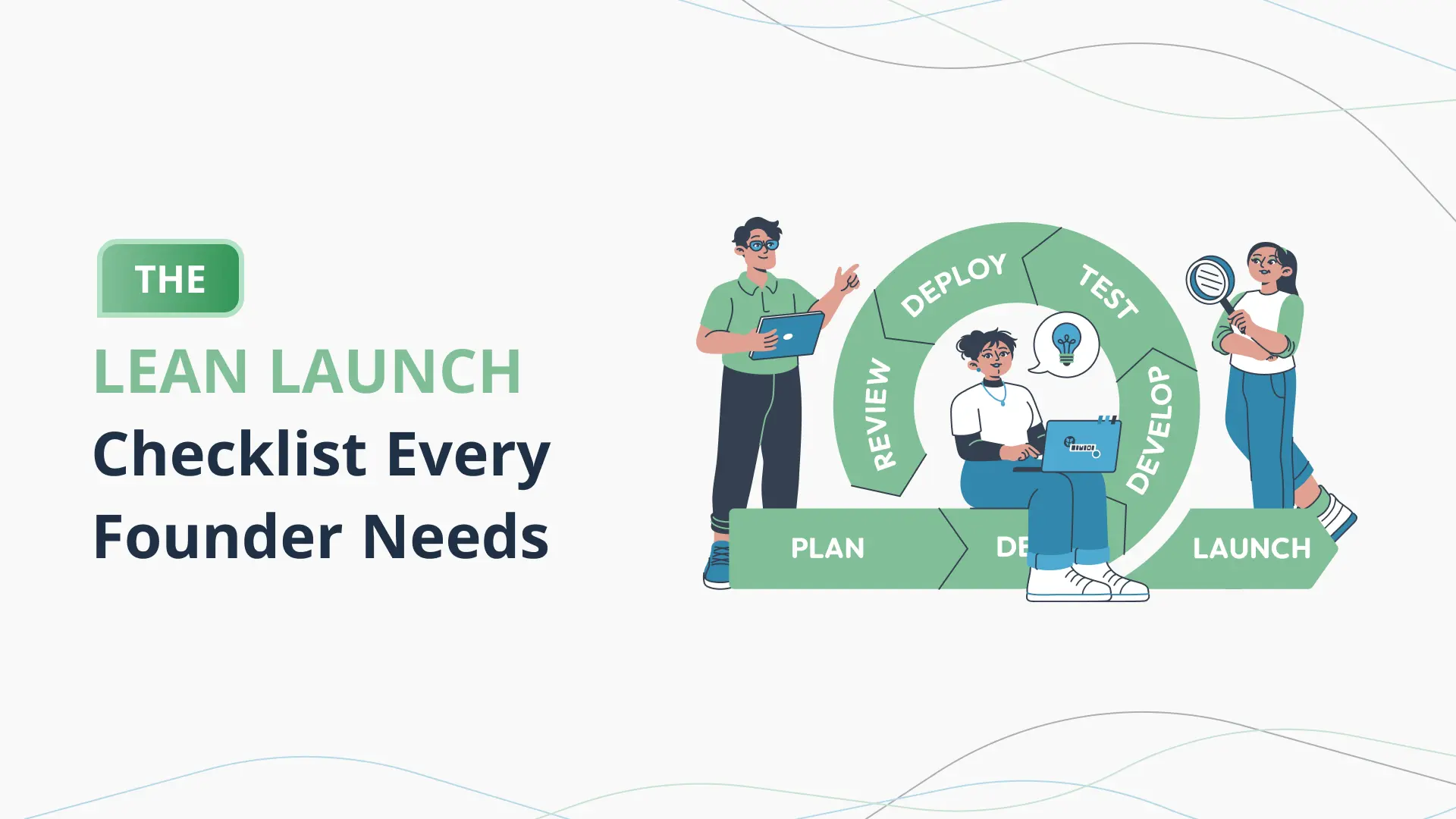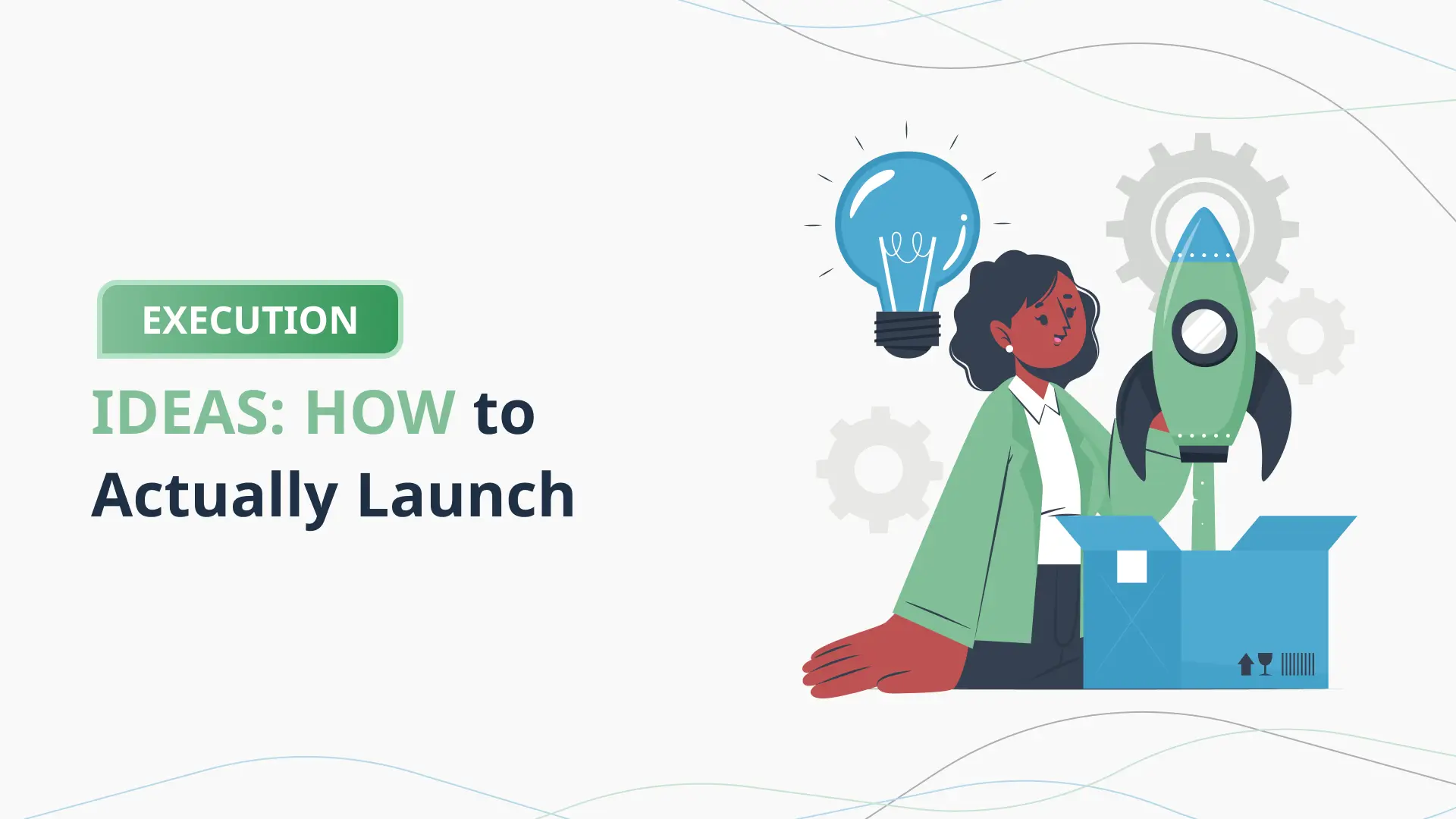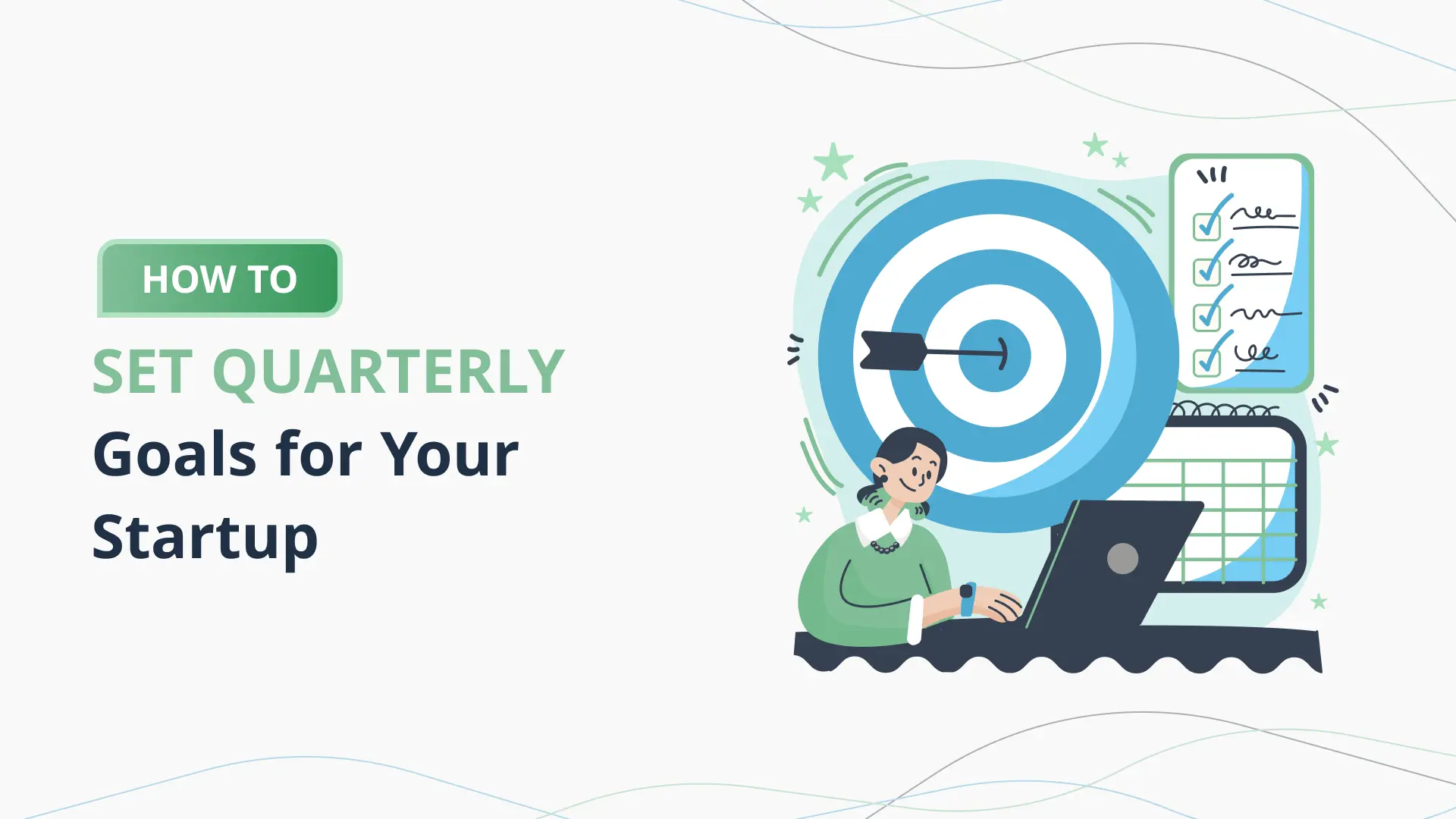How Founders Waste Time (And How to Fix It)
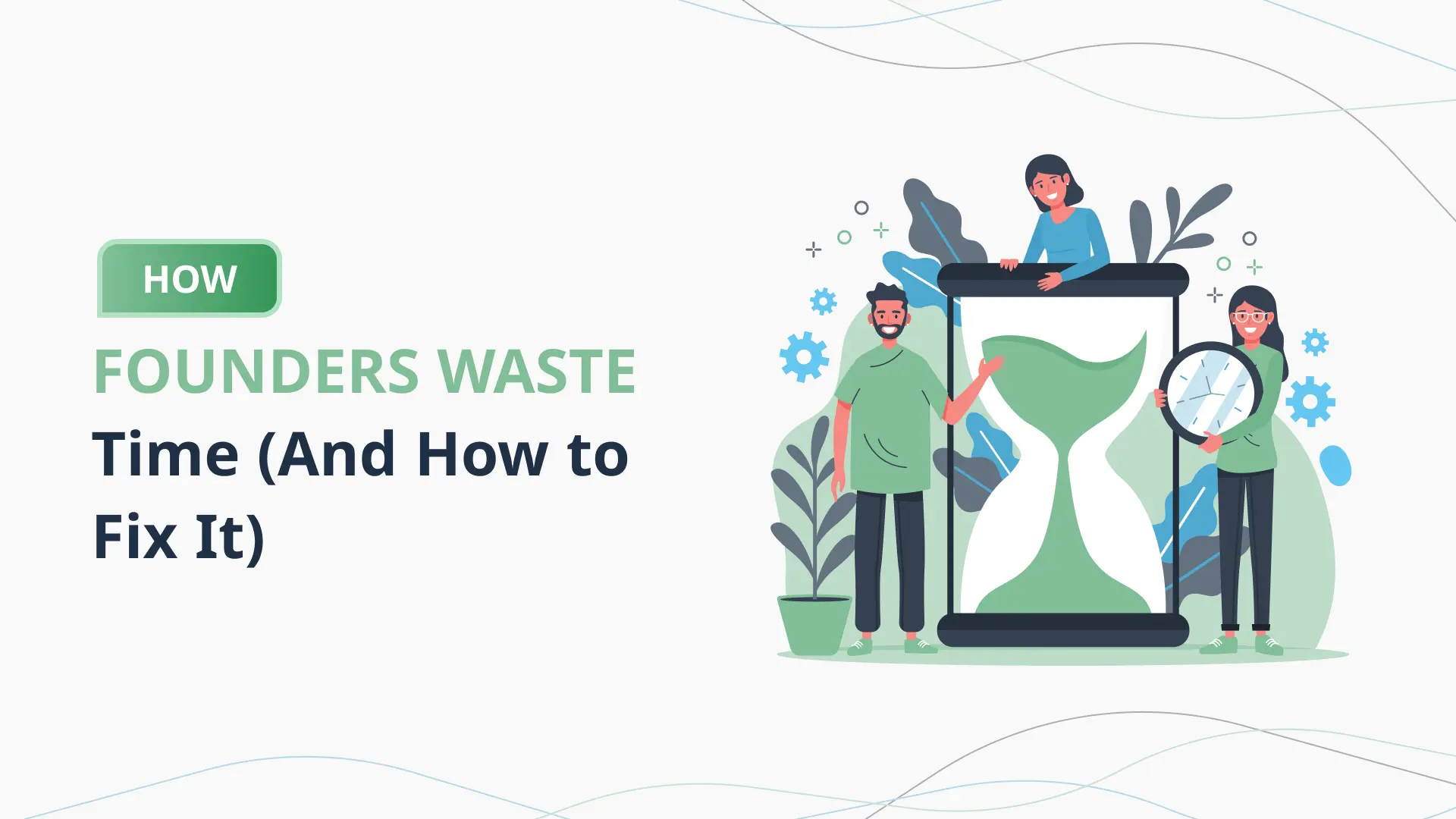
Launching a startup is exhilarating. The sense of possibility, the thrill of building something from scratch, the chance to disrupt a market—these are the reasons entrepreneurs dive headfirst into the journey. But amidst the excitement lies a silent saboteur: wasted time. For many founders, time doesn’t feel wasted—it feels busy. Yet being busy is not the same as being productive.
Ask any seasoned founder and they’ll tell you: time mismanagement is among the most dangerous pitfalls in the startup world. Unlike large companies that can afford inefficiencies, startups operate with razor-thin margins—of money, of manpower, and especially of time. Every hour misallocated is an opportunity lost: to refine your product, connect with customers, or attract investment. In the early stages, especially, the misuse of time can mean the difference between scaling up and shutting down.
What’s tricky is that these time traps often wear clever disguises. Founders might believe they’re doing what’s best for their company by perfecting a pitch deck, attending every networking event, or personally overseeing every minor task. In reality, they may be drowning in busyness, not building. These habits don’t just sap momentum—they actively obscure the path forward.
The irony is that many of these problems stem from good intentions: a desire to do things right, to stay hands-on, to make the most of every opportunity. But without a structured strategy for how to use time effectively, even the most well-meaning founder can end up in a productivity rut. Left unchecked, this leads to stress, burnout, and stagnation—none of which serve your startup or your vision.
That’s where a shift in mindset—and tools—becomes essential. Recognizing the ways founders waste time is the first step; implementing systems and tools to fix it is the next. In this blog, we’ll explore six common productivity pitfalls that plague founders and how to overcome them. Each section offers real-world examples, practical solutions, and highlights how AI-driven tools like the PlanVista app can streamline your efforts, helping you reclaim time and reinvest it where it counts.
Whether you’re just getting started or knee-deep in scaling your startup, this guide is for you. It’s time to move beyond reactive work and toward intentional, focused execution. Let’s dive in.
The Perfectionism Trap – Delaying Progress for Flawless Execution
One of the most insidious ways founders waste time is by striving for perfection. It’s easy to understand why—after all, this is your vision, your reputation, your shot at changing the world. So why not get every detail just right? But here’s the truth: chasing perfection can be the enemy of progress.
Perfectionism often starts innocently. You might spend a few extra hours tweaking a pitch deck, rewriting a landing page, or redesigning a logo. Then days pass. Then weeks. Before long, the product hasn’t launched, customers haven’t been contacted, and crucial feedback hasn’t been gathered. In the pursuit of getting everything perfect, you’ve lost valuable momentum.
Real-World Example:
Take the story of a first-time founder who delayed launching their MVP for nearly nine months. They were caught in a loop—tweaking the user interface, rewriting copy, debating font sizes—while competitors entered the market. When they finally launched, they discovered customers wanted different features entirely. All that time spent polishing the wrong things was essentially wasted.
The Challenge:
Perfectionism isn’t just a time suck—it’s a barrier to learning. Early-stage startups thrive on feedback. The faster you get your product into users’ hands, the faster you learn what works and what doesn’t. Delaying launch to achieve some imagined ideal only postpones this essential learning loop.
The Solution:
Shift your mindset from “perfect” to “progress.” Embrace the concept of a Minimum Viable Product (MVP). Get your core offering out quickly, test assumptions, gather feedback, and iterate. Remember, great products are shaped by users, not founders.
Set clear deadlines to prevent over-polishing. Ask yourself: Will this change meaningfully improve the user experience, or is it just delaying launch? If it’s the latter, move on. Prioritize learning over polish.
AI Benefit – Enter PlanVista:
This is where AI tools like the PlanVista app come in. As a business plan generator and AI business plan tool, PlanVista helps you distill your vision into an actionable roadmap. Its intuitive interface and smart suggestions guide you to focus on what matters: core features, customer needs, and go-to-market strategy. It helps prevent overplanning and ensures your energy goes toward launch-critical tasks, not distractions in disguise.
PlanVista can also help you structure MVP timelines, assign deadlines, and set measurable goals, helping you avoid the common trap of endless revisions. It acts like a productivity coach—keeping you honest about what’s essential and what’s simply vanity work.
Takeaway:
Perfection is not the goal—traction is. The sooner you get feedback, the sooner you can improve your offering. By embracing imperfection and leaning on smart tools like PlanVista, you accelerate your learning curve and build a product that truly resonates.
Multitasking Mayhem – The Productivity Illusion
The DIY Dilemma – When Doing It All Becomes a Bottleneck
Startup culture celebrates the scrappy, all-hands-on-deck approach. Founders often take pride in wearing multiple hats—from CEO to customer service rep, from coder to copywriter. It’s admirable, and in the early days, sometimes necessary. But there’s a fine line between being hands-on and becoming your startup’s biggest bottleneck.
The Challenge:
Doing everything yourself might save money in the short term, but it costs time—your most valuable resource. It also limits growth. When a founder insists on handling every aspect of the business personally, they inevitably slow down progress, delay key decisions, and spread themselves too thin.
Real-World Example:
Take the case of a founder who spent weeks building a website from scratch using DIY site builders. They were determined to save money and maintain control. Meanwhile, critical product features went unbuilt, marketing efforts stalled, and user onboarding suffered. In the end, they had a decent website—but a stagnant startup.
The Solution:
Smart delegation is a founder’s superpower. Focus your time on high-leverage activities—those that directly impact growth, innovation, and customer experience. Delegate or outsource everything else. Whether it’s hiring freelancers for design, using automation for admin tasks, or bringing in experts for specialized roles, the goal is to free yourself to lead.
Create a list of every task you’re doing. Then categorize them: essential and founder-only, important but delegable, and low-value. This clarity will help you identify where you’re wasting your own time and where others can step in.
AI Benefit – Enter PlanVista:
The PlanVista app is more than just a startup planning tool—it’s your delegation strategist. With features that help you map out roles, identify workload imbalances, and allocate resources efficiently, PlanVista empowers you to let go of non-core tasks confidently.
Its AI suggestions highlight areas where founders typically waste time and recommend delegation opportunities based on your startup’s stage and goals. Whether you need to bring in a virtual assistant, hire a contract developer, or automate your email responses, PlanVista guides you through the process.
Plus, PlanVista integrates task timelines with your strategic plan, so every delegated item is still under your watch—but without monopolizing your time.
Takeaway:
Doing it all is a quick route to burnout and stagnation. As your startup grows, so should your ability to delegate and trust others to deliver. With tools like PlanVista, you can streamline operations, avoid bottlenecks, and focus your energy where it makes the biggest impact—leading your company to success.
Meeting Overload – The Silent Productivity Killer
Meetings are supposed to drive alignment, decision-making, and collaboration. But for many startup founders, they become something else entirely: an endless cycle of check-ins, status updates, and discussions that consume hours without clear outcomes. Welcome to the black hole of meeting overload.
The Challenge:
Startup teams are often small, which makes frequent communication seem logical. But too many meetings—especially poorly structured ones—can drain time, break up focus, and lead to decision fatigue. Every hour spent in a meeting is an hour not spent building, selling, or solving actual problems.
Back-to-back meetings also leave no room for deep work—the focused time needed for strategy, creative thinking, or complex problem-solving. Instead, founders find themselves context-switching all day, leaving them mentally exhausted and operationally stagnant.
Real-World Example:
A startup founder trying to maintain transparency held daily all-hands meetings, weekly cross-functional syncs, and frequent investor calls. While well-intentioned, these meetings consumed more than 50% of their week. Progress slowed, decisions got delayed, and team morale dipped due to constant interruptions.
The Solution:
Adopt a minimalist approach to meetings. Start by auditing your current calendar—how many meetings are truly necessary? Eliminate or shorten the ones that don’t deliver clear value.
Establish a “no meeting” day each week to allow for uninterrupted focus. For the meetings that remain, implement strict agendas, time limits, and clear action items. Consider asynchronous alternatives—Slack threads, Loom videos, or shared documents—especially for status updates and routine discussions.
AI Benefit – Enter PlanVista:
PlanVista acts like your meeting efficiency consultant. Through intelligent analysis, it identifies recurring meeting patterns, flags redundant ones, and recommends alternative communication methods.
With PlanVista’s collaboration tools, you can manage projects, share updates, and assign tasks without defaulting to a meeting. Its smart dashboards provide visibility into progress and priorities, reducing the need for constant verbal check-ins.
Additionally, PlanVista integrates meeting planning with your broader startup strategy. It helps you schedule meetings only when they align with key milestones, ensuring every interaction drives meaningful outcomes.
Takeaway:
Meetings should be a tool—not a time trap. By streamlining communication and embracing asynchronous methods, you can free up your time for what really matters. With the help of PlanVista’s planning and collaboration features, you can reduce unnecessary meetings while boosting clarity and execution across your team.
Neglecting Strategic Planning – The Roadmap to Nowhere
Founders are known for their hustle—jumping from product tweaks to pitch decks to customer calls. But in the whirlwind of daily tasks, strategic planning often takes a backseat. This is one of the most costly forms of time waste, not because you’re idle, but because you’re busy with no direction.
The Challenge:
Without a well-defined strategy, a startup becomes reactive instead of proactive. Decisions get made based on what’s urgent, not what’s important. Teams may work hard but end up rowing in different directions. As a result, opportunities are missed, resources are misallocated, and growth stalls.
Startups need a guiding framework—a business plan that outlines where you’re going, why, and how you’ll get there. Yet many founders dismiss planning as a corporate relic, thinking it slows them down. In truth, a good plan accelerates decision-making and aligns your team on what matters most.
Real-World Example:
Consider a SaaS founder who expanded too quickly, opening sales channels in multiple regions without a clear go-to-market strategy. Growth initially surged, but soon churn rates climbed, customer satisfaction dropped, and operational chaos set in. There was no cohesive plan tying actions to goals.
The Solution:
Invest time upfront in strategic planning. Define your vision, target market, value proposition, revenue model, and key metrics. Break down long-term goals into quarterly milestones. Make your plan a living document—review and adjust it regularly based on new data and market shifts.
This kind of disciplined planning keeps you focused on high-impact activities and prevents distractions that feel urgent but don’t move the needle.
AI Benefit – Enter PlanVista:
This is where the PlanVista app truly shines. As an AI business plan tool, PlanVista guides you through creating a comprehensive, customized plan for your startup. From market research templates to financial modeling and growth projections, it walks you step-by-step through each critical element.
But it’s more than just a static plan. PlanVista updates dynamically as your business evolves. Its AI engine provides actionable insights based on your inputs—highlighting blind spots, identifying growth opportunities, and suggesting optimizations. Whether you’re fundraising, expanding, or pivoting, your strategy stays sharp and relevant.
With PlanVista’s intuitive dashboard, you can align your team around shared goals and track progress against your roadmap. It becomes your single source of truth, ensuring every decision supports your strategic vision.
Takeaway:
Without a strategy, effort is wasted on the wrong things. A solid business plan is your compass, not your constraint. By using PlanVista, you equip yourself with a powerful tool to plan smarter, execute faster, and lead with confidence.
Conclusion: Transforming Time Management with PlanVista
FAQs
PlanVista is an AI-powered business plan generator that helps startup founders with strategic planning, time management, and operational efficiency.
By offering AI-driven insights, scheduling tools, and delegation features, PlanVista keeps you focused on impactful work and reduces time waste.
Absolutely. PlanVista is designed to support startups from idea validation to scaling, offering tailored features for each phase.
Yes. PlanVista includes collaboration tools that enable team alignment, task sharing, and strategic tracking in one platform.
Simply visit the PlanVista website, sign up, and start building your customized startup roadmap with guided assistance from our AI tools.



